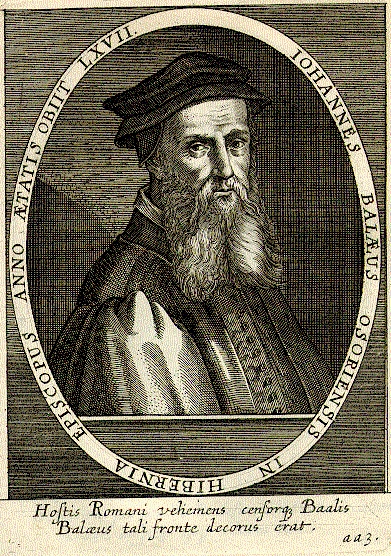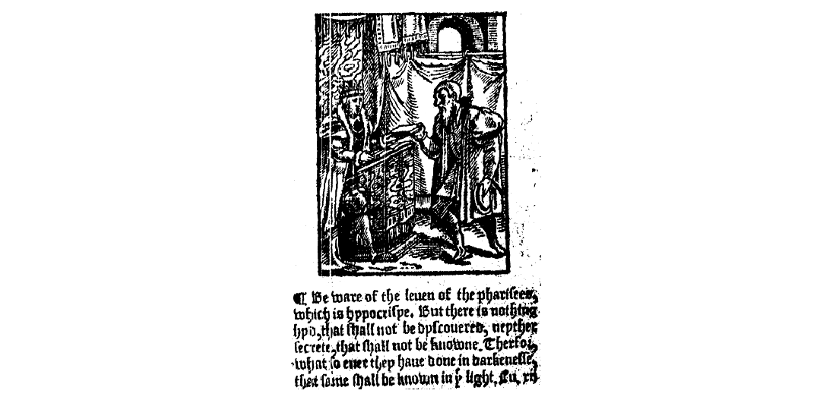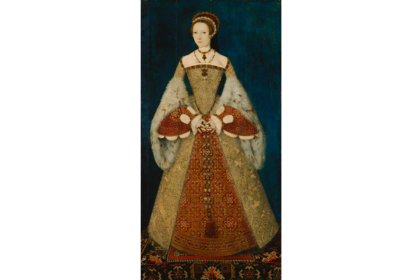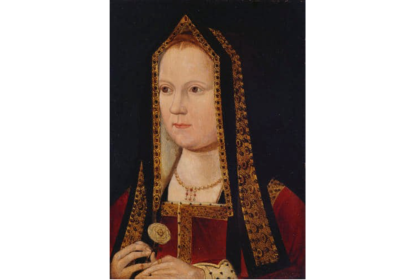Above: Illustration of Bishop Bale presenting another of his texts, ‘Acts or Unchaste Examples of English Votaries’ to the Protestant King Edward VI, from said text, c.1551.
The basic philosophy of the Reformation was that the Church had become corrupted, and so it had to be dismantled in order to restore and re-form it back to the purer state of the early Church. The Oxford English Dictionary offers a definition for the term reformation which is now ‘archaic and rare’, but which was in use at least from the early fifteenth century through to the early eighteenth century:
‘Restoration of a particular condition or state of affairs’
In the context of religion, then, it meant returning the Church to a state that it had been in the past. The first use in the English language of ‘reformation’ to specifically refer to the religious reform movement beginning in the sixteenth century was in 1531 by William Barlow, bishop of Chichester, a supporter of the Reformation, who wrote:
‘Martyn Luther was iugged to be syngulerly chosen of god…for a dew reformacion of the hole worlde.’

The term was first used specifically in relation to the English Reformation almost two decades in 1550 later by John Bale, bishop of Ossory, a prominent Protestant supporter who had a significant influence on famous martyrologist, John Foxe. Bale wrote in his ‘The Apology of Iohan Bale Agaynste a Ranke Papyst’:
‘The most christen reformacion of thys churche of Englande, which is to other natyons a most wurthie spectacle.’
Bale believed that time and history were cyclical; that the same types of lessons and events were repeated for each new age, and that each new age was as susceptible to corruption as the past. He held that the Reformation was part of this cycle of history, returning the Church, and the world, to faithfulness and purity, which had characterised various points in the cycle of the past.





